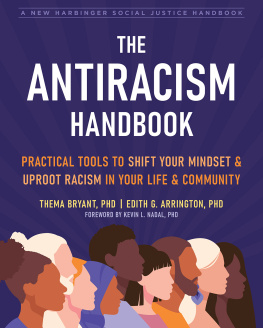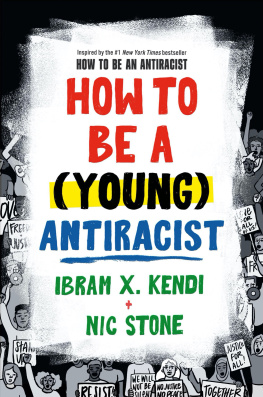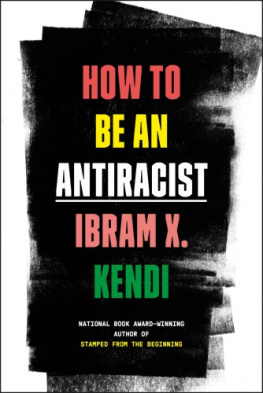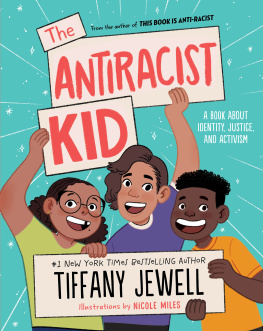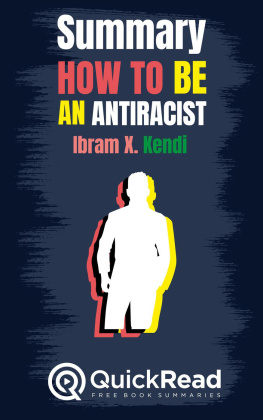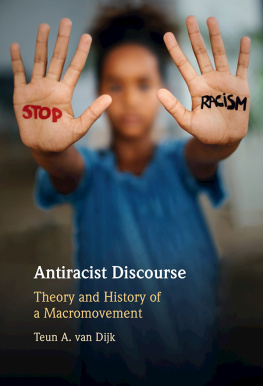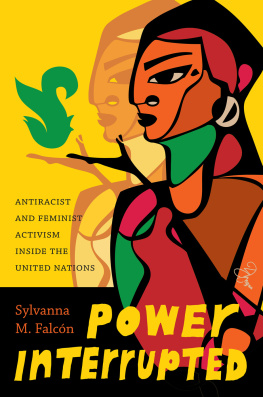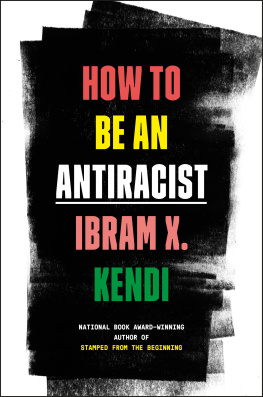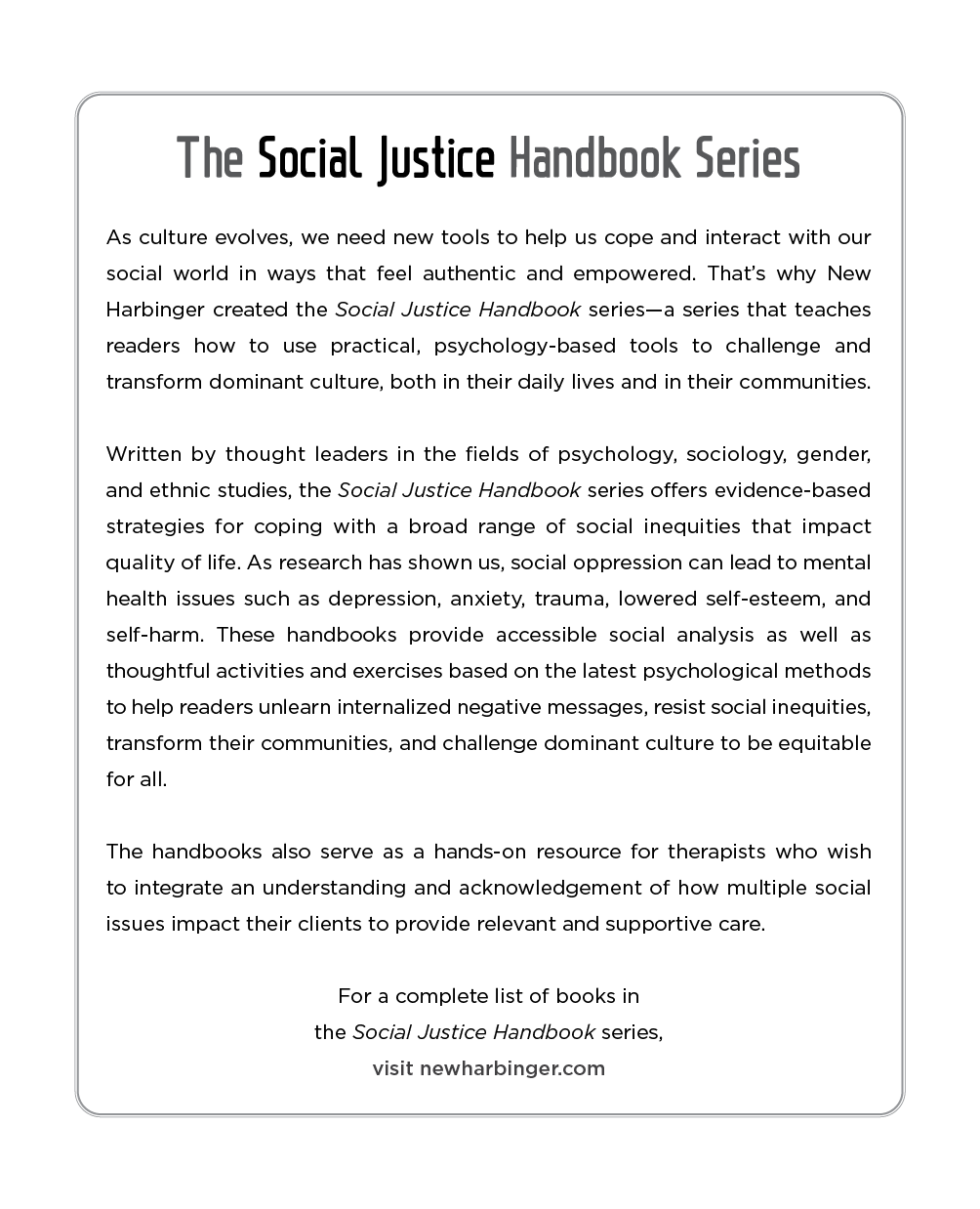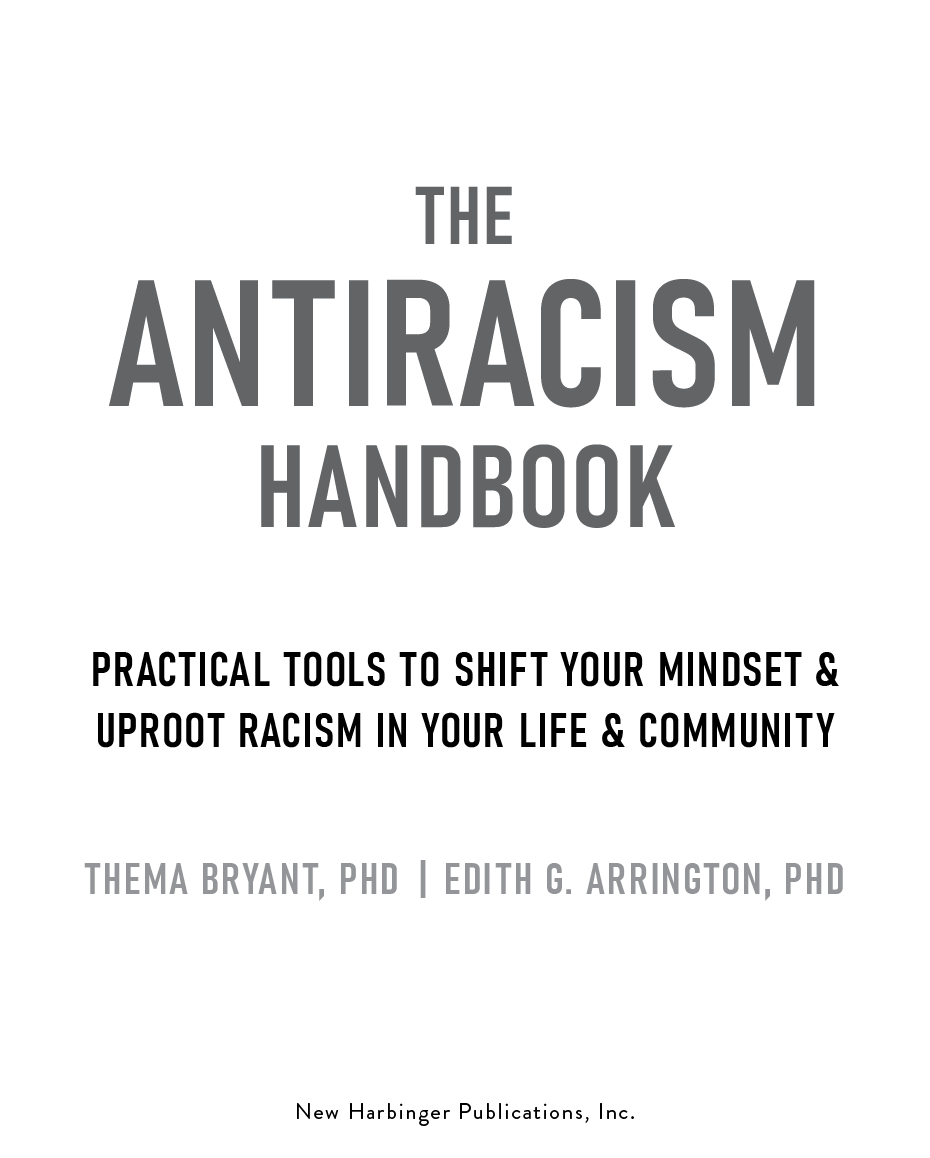Wherever you are in your journey of learning about and challenging racism in your life, The Antiracism Handbook will help you move ahead with clarity, courage, and compassion for yourself and your fellow travelers. Grounded in psychological research and informed by practitioners experience, it is a much-needed resource for anyoneWhite or BIPOCwho wants to become more effective in interrupting the cycle of racism. Use it yourself and share it with others!
Beverly Daniel Tatum, PhD , New York Times bestselling author of Why Are All the Black Kids Sitting Together in the Cafeteria?
A must-read for mental health professionals, this cutting-edge masterwork from two acclaimed therapist/scholars pairs clinical strategies with targeted exercises to provide current navigation of the challenges in becoming an effective antiracist advocate. Thema Bryant and Edith Arrington demonstrate that cultivating antiracism is a significant step in the creation of a just and equitable societyand show you how . I highly recommend this excellent handbook!
Lillian Comas-Daz, PhD , clinical professor in the department of psychiatry and behavioral sciences at George Washington University, and author of Multicultural Care
The Antiracism Handbook is an urgent invitation to confront the truth about race and racism, and build the capabilities needed to do the work of racial justice in our lives and society. Drawing from resources in mindfulness and cognitive behavioral therapy (CBT)as well as liberatory, decolonial, and community psychologythe authors expertly guide readers through a curriculum that requires active participation: rigorous self-examination, truth-telling, deep learning and unlearning, identifying barriers, and skill building. Eradicating racism will take all of us. Practitioners everywhere should read this book, which is sure to become required reading in the years ahead.
Tabatha L. Jones Jolivet, PhD , associate professor of higher education at Azusa Pacific University, community organizer, and coauthor of White Jesus
Thema Bryant and Edith Arrington bring wisdom, compassion, and extensive knowledge to this excellent handbook. The reflection exercises, mindfulness moments, practical recommendations, and selection of topics are powerful offerings for both white and BIPOC readers to participate meaningfully in the work of antiracism. They accompany you with a presence of deep care and inspired commitment to healing the individual and collective damage of systemic racism. Prepare to be transformed!
Shelly P. Harrell, PhD , professor of psychology at Pepperdine University, developer of the Racism and Life Experience Scales , and founder/director of The Soulfulness Center
The Antiracism Handbook is an extraordinarily comprehensive guide for addressing racial inequity. Thema Bryant and Edith Arrington demystify antiracism and expose pervasive barriers to antiracism work while equipping the reader with mindset-shifting activities and behavioral strategies. The book simultaneously challenges and inspires the reader to action. It is a must-read for anyone who is ready to integrate allyship into daily practice, and also for individuals who need respite from unaddressed racism-related fatigue.
Rheeda Walker, PhD , professor of psychology at the University of Houston, licensed psychologist, and author of The Unapologetic Guide to Black Mental Health
Publishers Note
This publication is designed to provide accurate and authoritative information in regard to the subject matter covered. It is sold with the understanding that the publisher is not engaged in rendering psychological, financial, legal, or other professional services. If expert assistance or counseling is needed, the services of a competent professional should be sought.
Distributed in Canada by Raincoast Books
NEW HARBINGER PUBLICATIONS is a registered trademark of New Harbinger Publications, Inc.
Copyright 2022 by Thema Bryant-Davis and Edith G. Arrington
New Harbinger Publications, Inc.
5674 Shattuck Avenue
Oakland, CA 94609
Cover design by Sara Christian
Acquired by Elizabeth Hollis Hansen
Edited by Teja Watson
All Rights Reserved
Library of Congress Cataloging-in-Publication Data
Names: Bryant-Davis, Thema, author. | Arrington, Edith, author.
Title: The antiracism handbook : practical tools to shift your mindset and uproot racism in your life and community / by Thema Bryant-Davis and Edith Arrington, PhD.
Description: Oakland, CA : New Harbinger Publications, [2022] | Series: Social justice handbook | Includes bibliographical references.
Identifiers: LCCN 2021038777 | ISBN 9781684039104 (trade paperback)
Subjects: LCSH: Anti-racism. | Racism--Prevention.
Classification: LCC HT1563 .B79 2022 | DDC 305.8--dc23
LC record available at https://lccn.loc.gov/2021038777
To our parents, who inspired us to live fully our commitments to antiracism, liberation, and love in action
Contents
Foreword
Over my past two decades of teaching about social justice issues, it has become very clear that many people have difficulties in talking about race and racismparticularly with people of other racial groups. When the topic of race emerges in classroom settings, a palpable tension often arises. When Ive asked about it, some students share that they dont want to say the wrong things or offend others in the room. Other people reveal how their previous negative dialogues about race make them hesitant or weary about engaging in current or future conversations. Some Black, Indigenous, and other people of color (BIPOC) students describe being tired of talking about race (especially with white people) or recognizing the unfair burden of representing entire racial groups. Meanwhile, some white students report feeling a lot of guilt or shame, which limits their ability to fully engage.
Through research and anecdotal experiences, I have learned that the reasons behind these difficult dialogues are not universal. For example, discussing race may be arduous for many white people because they do not typically have conversations about race at all. Scholars like psychologist Helen Neville and sociologist Eduardo Bonilla-Silva have described how white people have been taught to operate from a color-blind racial ideologyor the belief system that race and racism do not exist, that all people have the same opportunities regardless of skin color, and that it is rude or impolite to discuss race with others (along with other topics like politics and religion). So, when asked to reflect and share race-related insights in public settings (e.g., classrooms, workplaces, etc.), many white people are being asked to engage in foreign practices. Accordingly, such conversations result in myriad psychological and emotional reactions including defensiveness, intellectualization, anger, or overwhelming guilt.
Conversely, some people of color may think about race all time, but have difficulty discussing it with othersout of fear of being pathologized, misunderstood, invalidated, or even punished. Indeed, extensive scholarship has supported that BIPOCs think (and talk) about race quite often. Foundational research by psychologists like William Cross, Janet Helms, Derald Wing Sue, and Thomas Parham has highlighted how BIPOCs navigate the world based on their racial identities. Other psychologists, such as Diane Hughes and Howard Stevenson, have described the process of racial socializationor the ways BIPOC parents (especially Black American parents) may prepare their children for the racism they are expected to face in the world. Further, psychologists Thema Bryant, Lillian Comas-Daz, and Robert Carter have written about racial traumathe significant psychological distress resulting from personal accumulative experiences with systemic racism, racial discrimination, and microaggressions as well as communities collective and historical connections with racial violence. So, while many BIPOC may be viscerally aware of the role of race and racism in their lives (and are generally well-equipped to talk about racism on both cognitive and emotional levels), such conversations with people who have limited knowledge of racial issues are often accompanied by fears of retraumatization, stigmatization, and more.

